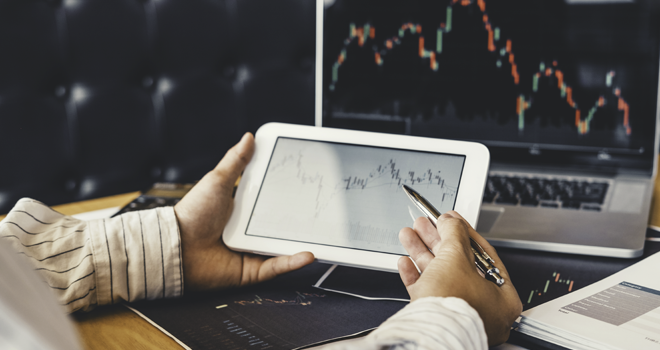“With the world at a standstill, many people will be particularly worried about the effect of the virus on their investments, but all is not lost,” says Clive Eggers, head of Investment Analytics at leading wealth and financial advisory business GTC.
In a recent media release, Eggers states that central banks and regulators are beginning to intervene in attempts to lessen the economic impact of lockdowns. Examples of interventions include interest rate cuts, government injections of cash alongside private donations, tax and debt repayment holidays for small businesses, the use of UIF and the repurchase of bonds by the treasury to create liquidity in markets. “These measures are all aimed at alleviating financial consequences suffered by our corporates and citizens,” he continues.
However, he adds that there are still external pressures on our economy, such as:
| ● | The drop in global trade and a ‘risk-off’ investment environment in which investors tend to sell riskier assets such as equities in favour of safer assets such as bonds or cash, |
| ● | The recent removal of South Africa’s last investment-grade credit rating by global credit ratings agency Moody’s; and |
| ● | A drop in the value of the rand against other currencies. |
“While the picture remains bleak for global growth, there are nevertheless opportunities for some businesses and – by extension – investors;” he adds.
“Under this ‘new normal’ we will live in a world where interest rates generally are low, limiting central banks options, and where excess liquidity has to be drained from the economy at some future point. This will see investors critically assessing the best opportunities in terms of returns and yields”.
“Emerging markets will likely be targets for capital acquisition and South Africa will be no exception, especially as we are coming off such a low base. Furthermore, the carry trade – which means buying into the Rand currency as it swings back – will offer some of the highest real returns in the world. Logic dictates that this should build Rand strength,” Eggers continues.
But Eggers cautions that investment decision-making should never be made on market news alone. “Investment decisions should be taken based on sound reasoning and verifiable knowledge, with guidance and advice from a financial advisor”.
“The downgrade does not in any way change our message to clients over the past few weeks, which is that essentially that no action is required. As long as portfolio allocations remain optimally positioned, investors’ objectives remain achievable over the long term despite this rapidly changing environment,” Eggers concludes.
In the media release Eggers also unpacks the direct impact of the downgrade on investment markets, comparing currencies against the Dollar and measures being taken around the world to lessen the impact of the COVID19 pandemic.



